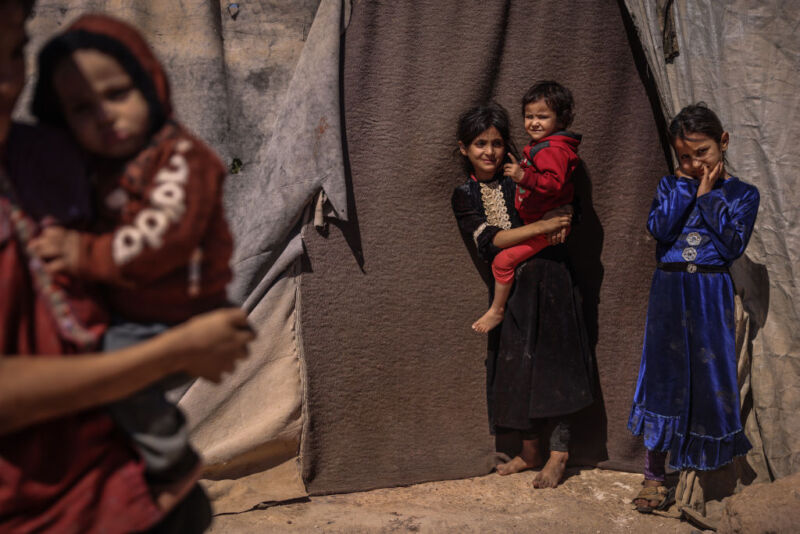After the BBC began looking into how TikTok makes money off of Syrian families in need—allegedly breaking TikTok rules by pleading live for TikTok presents redeemable for cash—TikTok reacted by quickly taking action and removing all of the accounts that the BBC had uncovered. These accounts broke the TikTok community standards, which forbid “exploitative begging,” a TikTok spokeswoman informed Ars.
In order to increase donations, TikTok defines exploitative begging as utilising children or other vulnerable people. The site also bans the gift-giving to minors under the age of 18.

A TikTok spokeswoman expressed, “We are highly disturbed by the information presented to us by the BBC.
According to the BBC story, TikTok not only neglected to take down illegal livestreams from its site, but the app also appears to have recruited these livestreamers through a connected agency and then made money off of accounts it ought to have shut down.
The BBC found that “agencies associated to TikTok in China and the Middle East” were enlisting displaced families in Syria. The families, which included children, would start livestreaming after gaining 1,000 followers, and their accounts would start to receive gifts at rates as high as $1,000 per hour.
According to BBC, TikTok was taking extremely high cuts on these presents, up to 70%, with families eventually only receiving $19 out of $106.
The remainder was given to TikTok and the organisation that found the families and gave them phones, Wi-Fi, and SIM cards so they could start the streams. According to the BBC, the organisation is one of many that TikTok has “contracted to assist content providers in creating more enticing livestreams.”
In response to the BBC’s story, TikTok cut connections with the organisation. According to a TikTok representative, “This type of content is not allowed on our site, and we are further expanding our global policy around exploitative begging.”
TikTok contested a portion of the BBC report. TikTok’s “commission on digital gifts was significantly less than 70%,” a spokeswoman told the BBC, “but it refuses to divulge the actual amount.”
Response from TikTok
According to groups offering relief in Syria, TikTok is one of the few options available to families accused of begging for money online.
Some international charities, like as the International Rescue Committee, offer families in the area emergency cash help, but they did not answer to Ars’ request for comment on the need for this kind of relief in comparison to gifts of food or medical supplies.
Families can receive payments from other users on TikTok in the form of coins, and in exchange, streamers agree to give TikTok a percentage of the money made from those coins. At that point, TikTok appears to be collecting money from struggling families when, by its own principles, it should be eliminating the ads.











